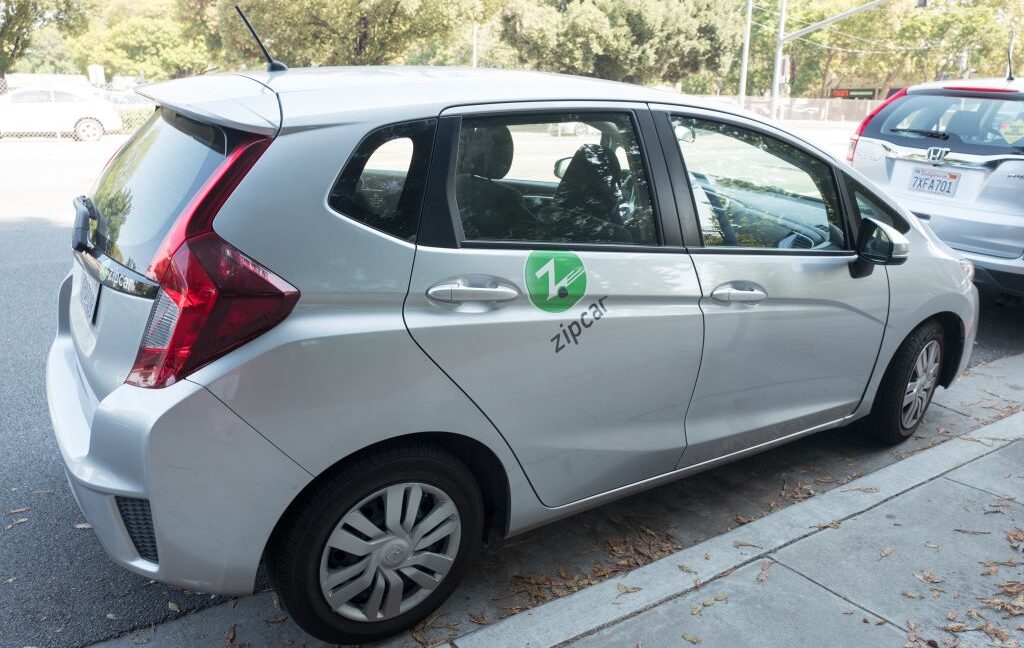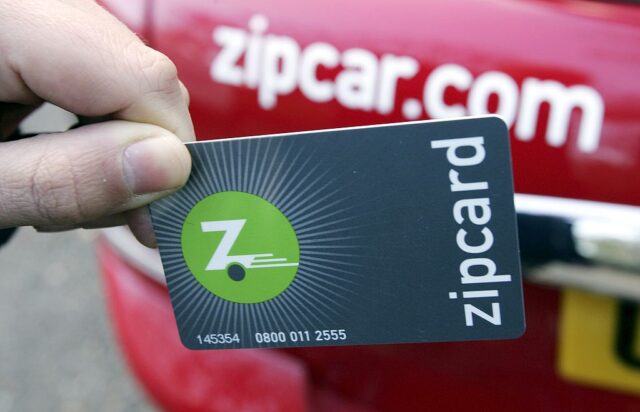Zipcar blames “increased site traffic,” but total app reliance is also at fault.

Credit: Getty
An app outage that locked numerous rental car customers out of their vehicles is a reminder of the perils of completely relying on apps for basic functionality—especially when those apps have seemingly limited support resources.
Zipcar is a car-sharing service that lets customers pay a membership fee to rent vehicles. Members use the Zipcar app to locate cars, unlock and lock them, share images of the vehicle (for proof that you didn’t damage it), and report concerns. One typically goes through the entire Zipcar rental process without interacting with a human. Avoiding car rental lines and customer service representatives seems efficient until the app utterly fails you.
As reported by 404 Media today, Zipcar experienced an outage on Friday that prevented the app from functioning properly for numerous users. Without the app support, people could not unlock cars to start rentals, open cars that didn’t come with keys, lock cars, and/or return cars before their rental period expired.
A commenter on the Zipcar Facebook page said this about their experience:
After automatically being logged out the [Z]ipcar app and then locked out from the car, we had waited on the phone for more than 1 hour to get to talk to a person who promised to extend the rental time. After we returned the car within the extended time, we had to spend half an hour to reach the customer service for ending the trip and locking the car. The most ridiculous thing afterward was that we got the delay fee for more than $100 which [Z]ipcar customer service said … would be waived!!!
Ars Video
How The Callisto Protocol’s Gameplay Was Perfected Months Before Release
Another commenter said they endured a “nightmare of being out and unable to lock the car for at least three hours.” They claimed that customer service “didn’t really address anything” and told them they’d be held responsible if someone stole the car that couldn’t lock.
Similarly, other users reported long wait times with customer support, enduring cold temperatures while locked out of vehicles, and trepidation regarding cars they couldn’t lock. 404 Media spoke with an unnamed person who said their friend’s passport was locked in a Zipcar, adding that he “missed his flight last night and his final exam today because of this.”
On November 29, Zipcar provided a statement on its Facebook page noting “some technical issues” on its app and website impacting users’ ability “to search, book[,] or access” reservations. It also provided a phone number for contacting support but noted “longer than usual wait times” while apologizing.
In a statement shared with Ars Technica, Zipcar provided further information about the outage:
During part of Friday afternoon, we experienced a rare outage related to increased site traffic. Interest in our Black Friday promotion caused SMS delivery service constraints on the SMS/MMS network for our site and many others, unfortunately. For a small percentage of our members who were not already logged into our mobile app, this resulted in login difficulties, impacting their reservations. While this issue is resolved, we’re also working to prevent it from reoccurring.
A company spokesperson also told Ars that it will work with affected members for remediation. The company rep said that “responses have varied by case but include refunding reservations, providing driving credit for future trips, and refunding alternate transportation.” However, a person named Shawn, whom 404 Media spoke with, pointed to a $213 fee that Zipcar said would take up to five business days to process.
Zipcar’s rep declined to specify how many people were affected by the outage.
A warning against total app reliance
Zipcar’s app problems have not only cost it money but also traumatized some users who may think twice before using Zipcar again. The convenience of using apps to control physical products only exists if said apps are functioning and prepared for high-volume time periods, such as Thanksgiving weekend.
Despite Zipcar’s claims of a “small percentage” of users being affected, the company’s customer support system seemed overwhelmed, resulting in long wait times coupled with misinformation regarding things like fees.
Those are the pitfalls of completely relying on apps for basic functionality. There was a time when Zipcar members automatically received physical “Zipcards” for opening doors. Now, they’re not really advertised, and users have to request one.

Zipcars also used to include keys inside of locked cars more frequently. Reducing these physical aspects may have saved the company money but effectively put all of Zipcar’s eggs in one basket.
Nightmarish app problems like the one Zipcar experienced can be a deal-breaker. Just look at Sonos, whose botched app update is costing it millions. Further, turning something like car rentals into a virtually app-only service is a risky endeavor that can quickly overcomplicate simple tasks. Some New Zealand gas stations were out of luck earlier this year, for example, when a Leap Day glitch caused payment processing software to stop working. Gas stations that needed apps for payments weren’t able to make sales, and drivers were inconvenienced.
Apps can simplify and streamline while delivering ingenuity. But that doesn’t mean traditional, app-free measures should be eliminated as backups.




